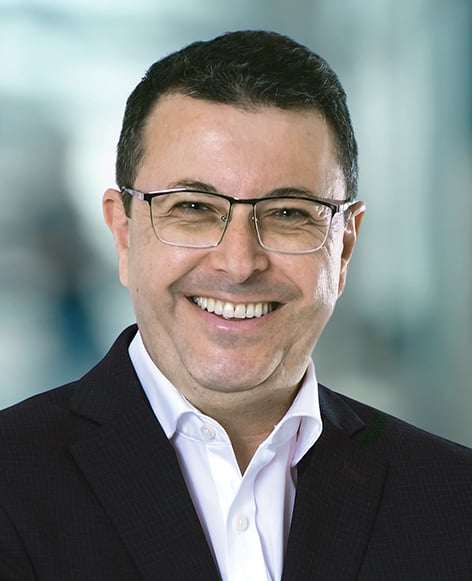Tupy, a Brazilian foundry that specializes in the manufacturing of automotive iron blocks and heads acquired Teksid’s plants following an FCA decision to sell its iron foundry unit. A team led by Marcio de Oliveira produced three sets of empirical evidence to CADE: that the relevant geographic market for iron blocks and heads is international and that the rivalry between Tupy and Teksid is low, as they seldom overlapped in procurement auctions run by the OEMs (buyers). Additionally, they submitted evidence of the OEMs’ high bargaining power vis à vis the foundries. The transaction was cleared by CADE upon remedies. The team helped Tupy and its counsel to design these remedies and to negotiate them with CADE.
Josh Sherman rejoins CRA's Antitrust & Competition Practice
“We are thrilled to welcome Josh back to our team,” said Paul Maleh, President and Chief Executive Officer of Charles River Associates. “Josh’s deep expertise...


